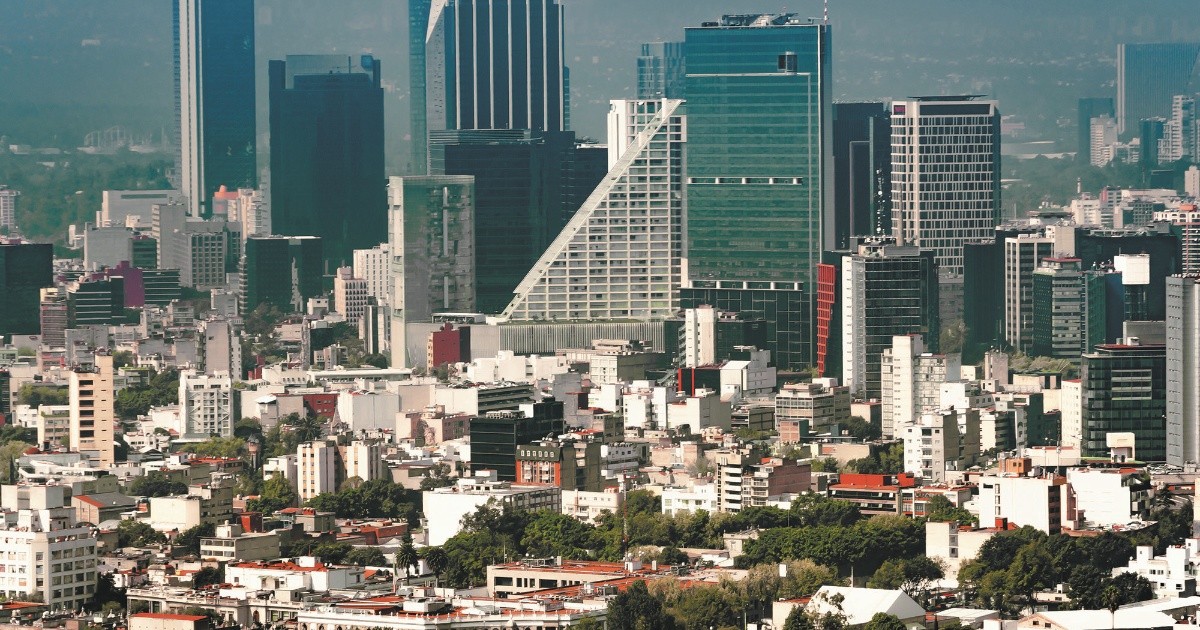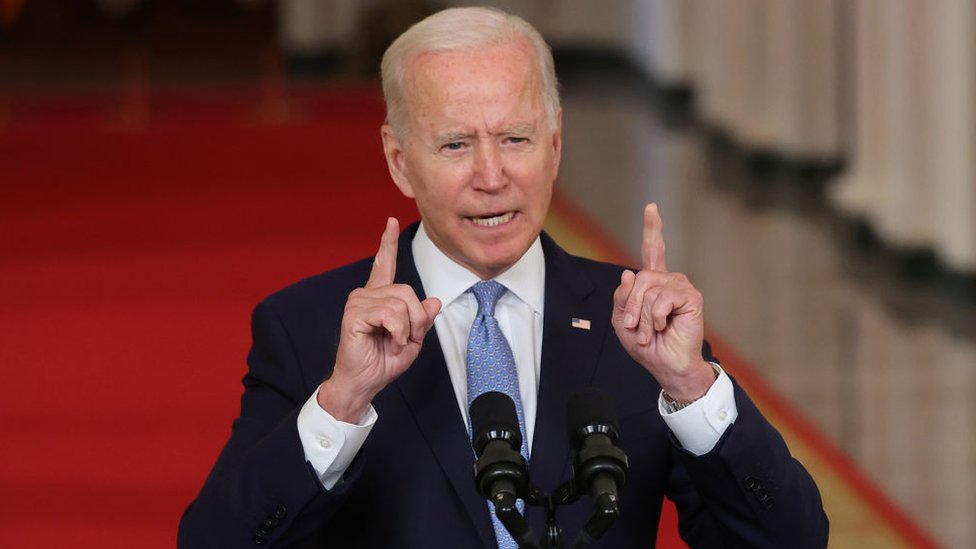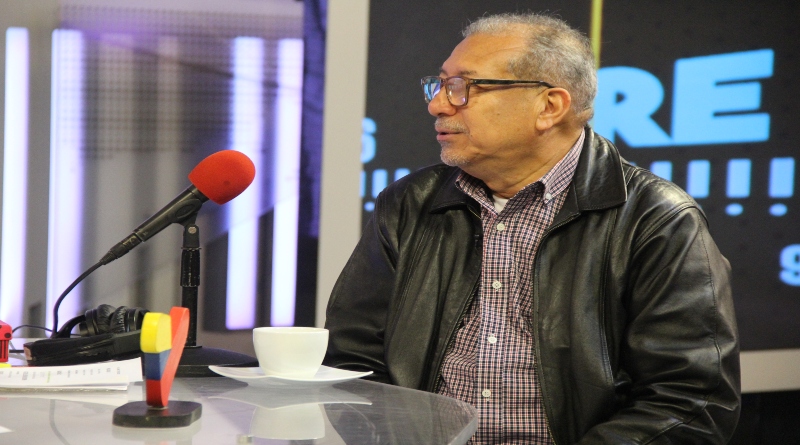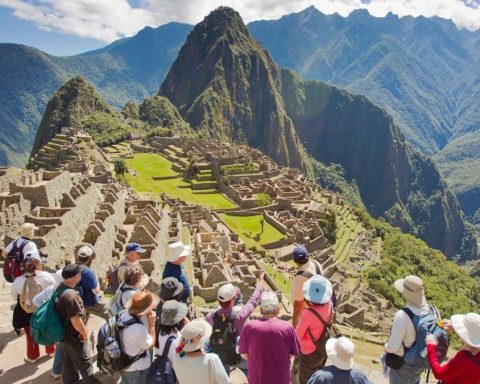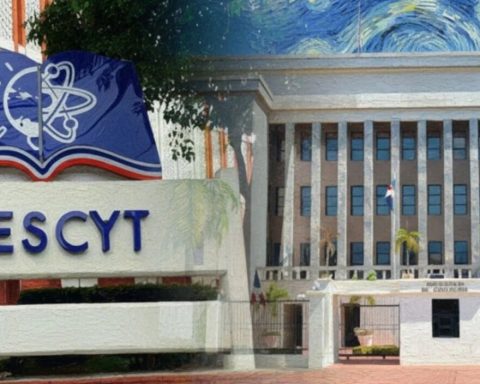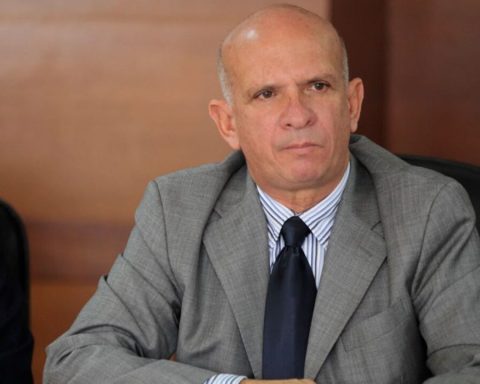The World Bank has just published one of the most important studies on the Mexican economy in recent years. It’s called Productivity Growth in Mexico, Understanding the Main Dynamics and Key Determinants. As of 10:00 pm yesterday, only 324 downloads had been made of this document, which is freely accessible on the World Bank website. From the number of downloads, we can assume that the document is not even being read in the main business chambers, state economic development secretariats or key agencies of the federal government.
Why so few downloads? One hypothesis is that there are other more “sexy” issues on the agenda: War in Ukraine; Inauguration of the airport; Imprisonment of ex-governor Bronco; the saga of Alejandro Gertz and his ex-in-laws; Aftermath of the Sasha-Luis de Llano drama… Another possible explanation is the natural resistance to reading reports that remind us that we are not on the right path, that we have not been going in the right direction for a long time.
What does this World Bank report say? The productivity of Mexico grew 0.1% per year on average between 1990 and 2019. In that same period, the productivity of South Korea grew 3% and that of Latin America, on average, 0.8%, in other words, Korea had a growth of productivity 30 times greater than Mexico. Latin America was eight times bigger than us. Other countries in the region performed much better than Mexico, including Chile and Uruguay, as well as Peru and Argentina.
“Mexico has been an economy in slow motion,” says the first sentence of the document. It’s a very powerful metaphor that will certainly stick with us for a while. We can compare it with the famous A tale of two Mexicos, which was produced by McKinsey last decade and also left its mark. We have a slow-motion economy for a fast-motion society. The World Bank could also have used another metaphor. Mexico is a soccer team that scores few goals, despite being very close to the big goal. We have what they say is infallible: location, location, location. We are attached to the largest market in the world and we have a free trade agreement with them, but that has not been enough.
The report describes with surgical coldness the poor economic results we have had since 1990. It is worth clarifying that many of the solutions it proposes are of a liberal nature: more openness and more competition. It reminds us of the economic damage that the low quality of education has done to us. “The educational level is low and the study plans are not up to date. As a result, the lack of cognitive skills leads companies to report mismatches between skills and needs, which limits employment and company expansion…hence, economic growth.”
The work is signed by Leonardo Iacovone, Rafel Muñoz, Eduardo Oalaberria and Mariana de la Paz Pereira. An interesting contribution from them is in the chapter dedicated to regional inequalities. The productivity gap has widened between the richest and poorest regions. Nuevo León, Mexico City and Querétaro have been separated from Chiapas and Oaxaca. It is not the geography, but the disadvantages in education, connections and logistics. If instead of considering the States, we pay attention to municipalities, we find a fact to which we have paid little attention: the most dynamic municipalities in the south are indeed closing the gap compared to those in the north.
The report is divided into six chapters. The four experts make recommendations to resolve knots in financing, human capital, technology, regional development… There is one in particular that seems to me full of common sense: the role of inspectors must be reduced. These gentlemen and ladies have discretionary powers that encourage corruption. They can close a business and interrupt productive activities. How much would we gain if we stripped inspectors of their “superpowers” and left them in their status as mere mortals?
General Editorial Director of El Economista
Safe
Degree in Economics from the University of Guadalajara. He studied the Master of Journalism in El País, at the Autonomous University of Madrid in 1994, and a specialization in economic journalism at Columbia University in New York. He has been a reporter, business editor and editorial director of the Guadalajara newspaper PÚBLICO, and has worked for the newspapers Siglo 21 and Milenio.
He has specialized in economic journalism and investigative journalism, and has carried out professional stays at Cinco Días in Madrid and San Antonio Express News, in San Antonio, Texas.
